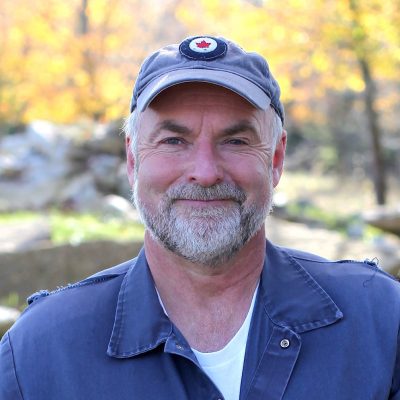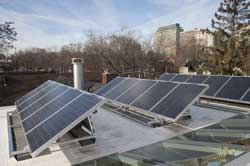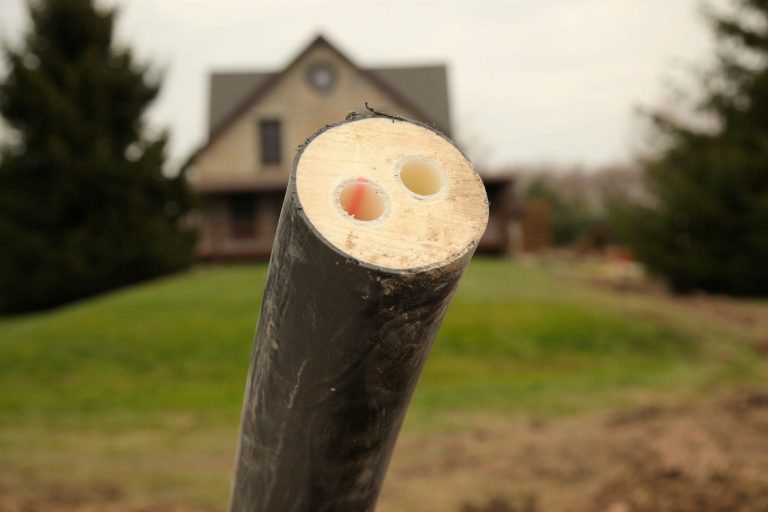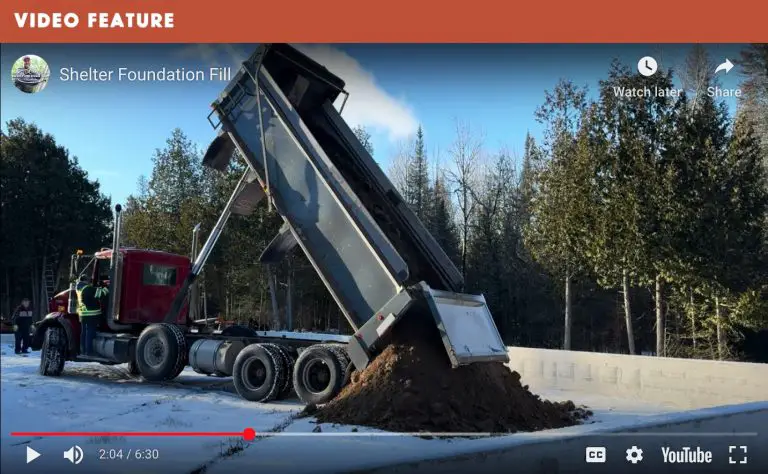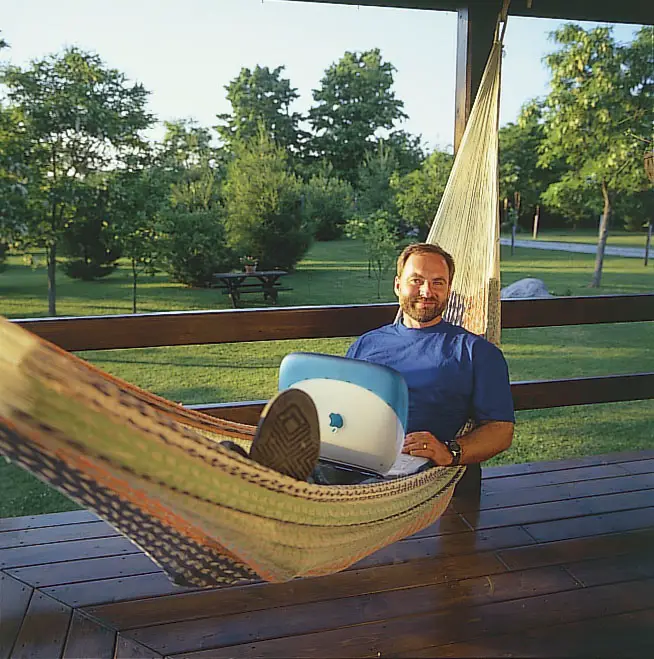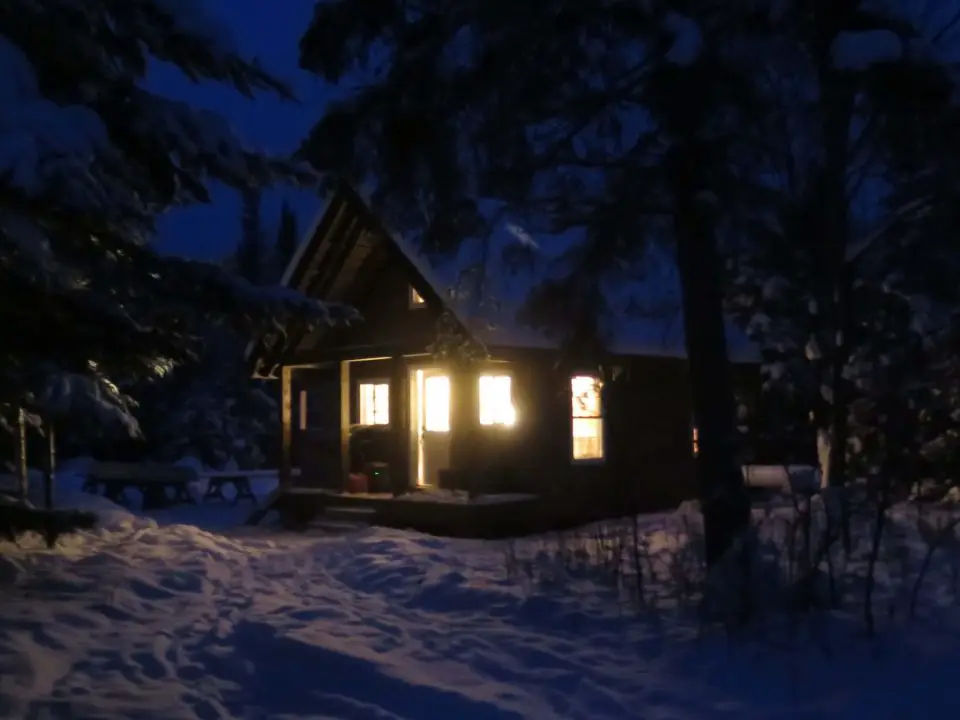
Many people in the world long for a life in the country, lived on their own terms, close to nature, honest and hands-on. This is more true today than ever, I suspect. A few of these adventurous people take this feeling far enough to make the leap, leaving the city, buying land and striving to live some version of the homestead dream. That was me in 1985. But from what I’ve seen, too many of these people also find that homesteading is harder, less fulfilling and more painful than they imagined. Too many end up abandoning the dream, feeling guilty, discouraged and inadequate. It’s a shame, a waste of life and it’s often unnecessary. I’ve seen this happen with other people often enough that I have a pretty good idea of the causes. And the solutions apply in varying ways to anyone interested in staying sane, as I’ll show you here.
Homesteading is Easier Than Ever, But . . .
The fact is, now is the best time in history to live a fulfilling and productive life in the country. That’s what I’ve found over the last 30+ years of living at the end of a little dead end cart track called Bailey Line Road. But what, exactly, do I mean by “modern homesteading”? My quick definition is this:
“Modern homesteading is a rural-based lifestyle involving a high level of hands-on self-reliance, ideal with the ability to earn a living without leaving the property.”
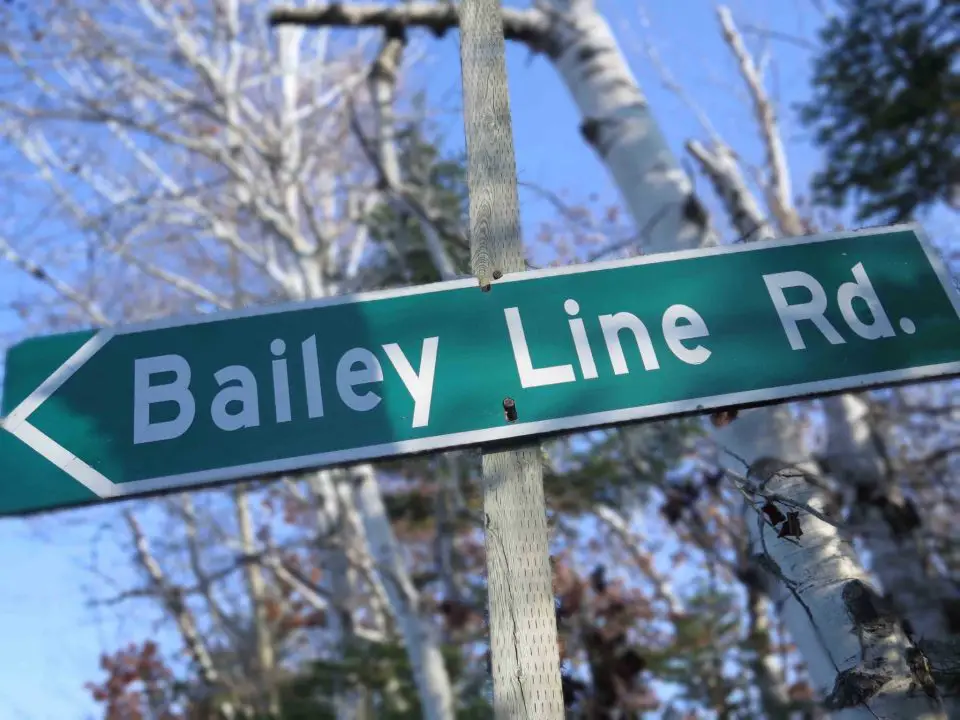
Technologies exist that empower the individual to succeed in this venture like never before. Cities are becoming less livable, rural areas have room for more hard-working residents, and the opportunity to make the economics of homesteading succeed have never been rosier thanks to the internet. So why is it so easy to find people who’ve tried homesteading and given up? It usually comes down to various failures of philosophy, as I’ll show you now.
Google the phrase “Why I Quit Homesteading” and you’ll find lots of would-be homesteaders who aren’t nearly as happy as they used to be. Some are back in the city, some end up tied to a subsistence job that they hate in town. Others are living some watered down, emaciated version of the liberating dream that led them out of the city in the first place. Over the years I’ve seen many homesteaders come and go (with some currently somewhere in the middle), and there’s a pattern to what I see.
The Homesteading Dilemma
Perhaps the most common reason for homesteading failure is rejecting too much technology. I know this pitfall well because I used to hold it dear. I say “dear” because it was like a badge of honor. My original homesteading plan had been to have only a hand pump for water, only a dirt floor in my log cabin, horses to do all the pulling work, and a food supply that came entirely from my land. I set out to dig a 40-foot x 60-foot basement excavation by hand, I built an all-wood wheelbarrow using hand tools only (even the wheel and axle were wood), and my only bathroom would be an outhouse in a region that regularly gets down to -20ºF. I’d mistakenly believed that the big problem with my modern, unfulfilling city life was all that technology and “the electrical grid”. The more I eliminated this stuff from my life, I figured, the closer I’d get to living the deep joy, sustainability and satisfaction of living in the “Garden of Eden”. Or so I believed.
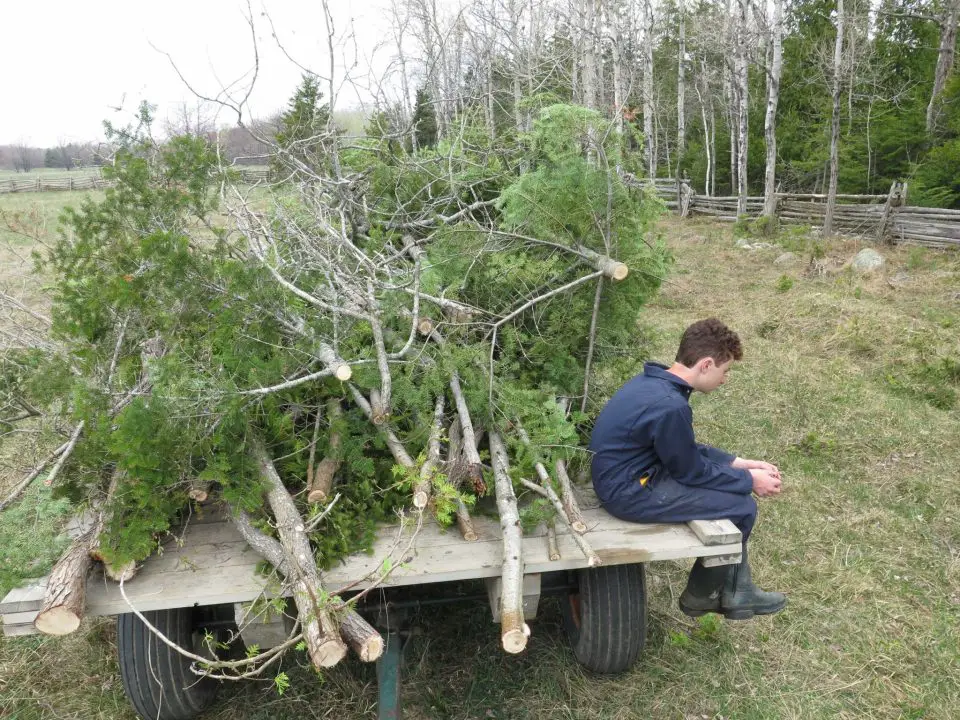
Homesteading Theory Versus Homesteading Practice
Funny thing was, the more I actually used the right kind of modern technology in the right way, the better my homesteading life succeeded and the happier I was. I struggled with this internal contradiction for years, grudgingly adding technology to my homesteading life and feeling guilty about it while also marveling at how much it helped me. I’m not talking about new or fancy technology, either. Many of my things are old, well-used, well-loved friends, such as my old tractor made back in 1953. That’s it here.
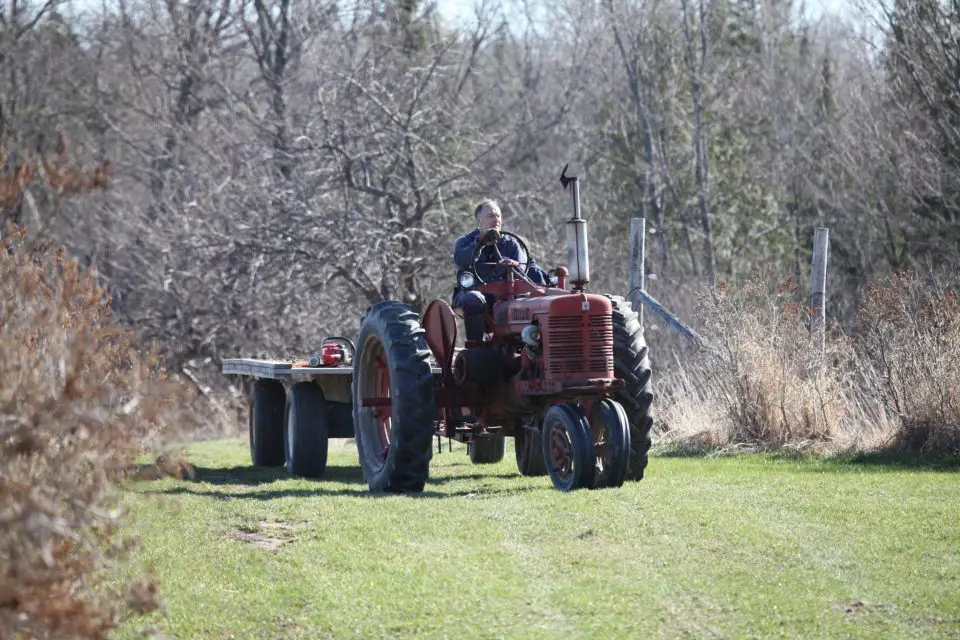
But in a single moment one night as I lay in bed in January of 1989, I had a realization that changed everything. The natural world is not nearly perfect, it’s not the Garden of Eden, and living with nature will always require some kind of serious struggle. Often quite a bit of struggle. It’s very easy to miss this fact if you live in the city or suburbs because you already swim in a sea of technology. Fish never know they’re wet. Natural reality has been well and truly subdued in cities and suburbs so it’s easy to have an idealistic view that’s merely a fantasy.
Technology helps us struggle more effectively and now I embrace it. That’s not to say that all technology is beneficial, but your modern homestead plans are doomed to failure if you believe that homesteading is all about getting primitive and rejecting technology. I’m now delighted to be connected to the grid, I love my electric welder, the internet is the engine that keeps my homestead financed and I’m so thankful I get to live on my land and never leave the property to earn a buck unless I want to. We don’t milk goats, we don’t raise all our own meat or grow 1000 lbs of yams each year. We can’t afford to grow that much on our own, and you probably can’t either. Sounds strange? After all, how can you not “afford” to grow food that doesn’t cost you any money to produce? It comes down to how much time you have in the day and how many other important things you need to get done. Poor time management and ill-placed focus is often a huge problem with modern homesteaders.
I could go on, and I do. Click here and I’ll explain how your own home grown potatoes (and lots of other things) are sometimes things you really can’t afford.
Want to learn more about how all this played out for my wife, Mary and I, beginning back in 1985? Click here to read chapter 1 of the Bailey Line Road Chronicles, the story of the fun, challenges, happiness, disappointment and deep satisfaction of our time here on Manitoulin Island, Canada as modern homesteaders.






